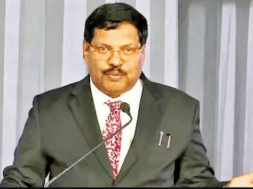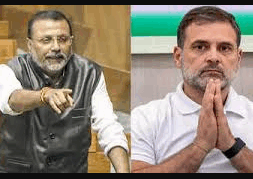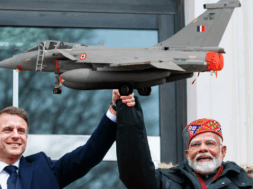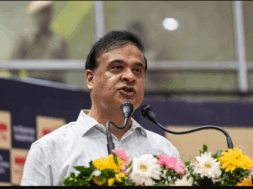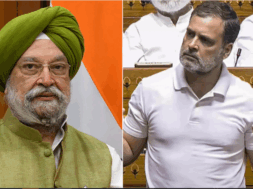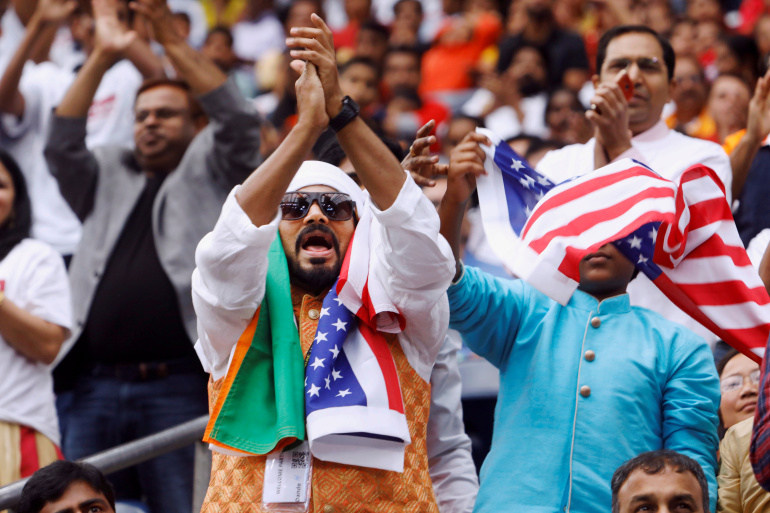
Global Indians: Indian-Americans liberal in US, conservative at home!
Virendra Pandit
New Delhi: At a time US President Joe Biden has appointed nearly two dozen Indian-Americans in his Administration, a new survey suggests that the influential community has different views on policies in America and India.
The Indian-Americans, who number less than 1 percent of the American population, have relatively more conservative views of policies in India while on issues affecting the US, the diaspora has a more liberal take, according to a recent survey of their political attitudes.
The survey was conducted jointly by the Carnegie Endowment for International Peace, Johns Hopkins-SAIS, and the University of Pennsylvania. Its theme was “How Do Indian Americans View India? Results from the 2020 Indian American Attitudes Survey,” which drew on the Indian-American Attitudes Survey (IAAS), media reported.
The IAAS is a nationally representative online survey of 1,200 Indian- American adults. It conducted the survey between September 1 and September 20, 2020, in partnership with YouGov.
Asked about issues like equal protection of religious minorities, immigration, and affirmative action, the Indian-Americans hold relatively more conservative views of Indian policies than of US policies.
The community believes that White supremacy is a bigger threat to minorities in the United States, a country where they are also a minority than Hindu majoritarianism is to minorities in India, where the Hindus are a majority, the survey said.
It said that 70 percent of Hindu Americans believe that White supremacy is a threat to minorities in the United States, compared to 79 percent of non-Hindus Americans.
Asked about Hindu majoritarianism in India, however, the survey data shows a much sharper divide: only 40 percent of Hindu-Americans said that Hindu majoritarianism is a threat to the minorities, compared to 67 percent of non-Hindu Americans.
Underlining that the Indian-Americans are divided about India’s current trajectory, the survey said that respondents are nearly evenly split as to whether India is currently on the right track or headed down the wrong track.
Asked about India’s top challenges, they counted government corruption (18 percent), followed by the economy (15 percent). Foreign policy issues—exemplified by an aggressive China and terrorism—are do not much interest them.
A majority of Indian-Americans support an all-India National Register of Citizens (55 percent) and the 2019 Citizenship Amendment Act (51 percent), the survey found.
But they are more divided on recent matters like the use of police force against peaceful protesters (65 percent oppose) and government crackdowns on the media (69 percent oppose).
On the issue of caste-based affirmative action in higher education admissions, the community is divided, with 47 percent supporting this measure and 53 percent opposing.
With a population of 4.2 million as per the 2018 data, Indian-Americans comprise the second-largest immigrant group in the United States.
For them, the ruling Bharatiya Janata Party (BJP) continues to be the most popular political party in India.
“One-third of the respondents favor the ruling BJP while just 12 percent identify with the Congress Party,” it said.
But two in five Indian-Americans refuse to identify with any Indian political party. Broadly, they favor Prime Minister Narendra Modi, the survey said, adding nearly half of all Indian-Americans approve of his performance as the PM.
“This support is the greatest among Republicans, Hindus, people in the engineering profession, those not born in the United States, and those who hail from North and West India,” it added.
The Indian-Americans, who successfully raised their political profile in the country, are broadly supportive of the US-India relationship.
Most of them believe that the current levels of US support for India are adequate, while a large majority hold unfavorable opinions of China.
They are, however, divided about US efforts to strengthen India’s military as a check against China.
Many foreign-born Indian-Americans and those who identify as Republicans are more supportive of the US efforts to support India militarily than their US-born and Democratic counterparts.
According to a UN report in January, India has the largest diaspora population in the world with 18 million people from the country living outside their homeland in 2020. The UAE, the US, and Saudi Arabia host the largest number of migrants from India.


